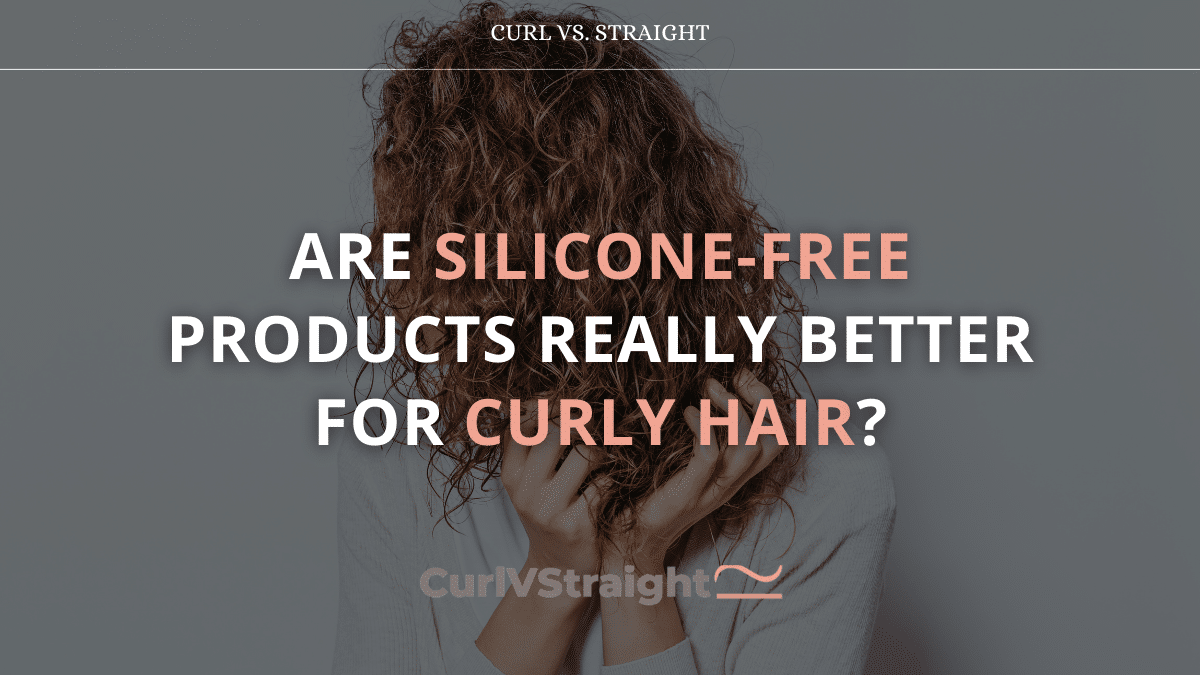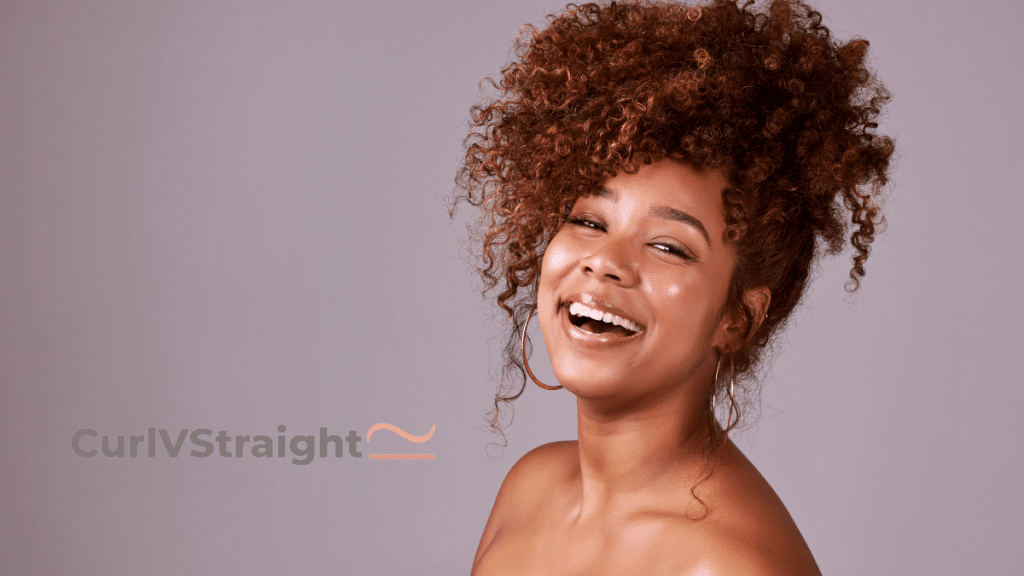
If you’re part of the curly hair community, you’ve probably heard the phrase “silicone-free” about a thousand times. Social media, especially TikTok and YouTube, are full of curly hair influencers recommending silicone-free everything—from shampoo to leave-in conditioner. But what’s the real deal?
Are silicone-free products truly better for your curls, or is it just another buzzword?
Let’s break it down in a simple, no-fluff guide to help you figure out what’s best for your unique texture.
💡 What Are Silicones, Anyway?
Silicones are ingredients commonly found in hair products (especially conditioners, serums, and heat protectants). They coat the hair to:
- Make it feel smoother
- Add shine
- Tame frizz
But here’s the catch: some silicones can build up over time, especially if you’re not using a clarifying shampoo regularly. That buildup can block moisture from getting into your curls—which leads to dryness, dullness, and frizz in the long run.
✅ Why Curly Hair Often Avoids Silicones

1. Moisture is everything for curls
Curls need hydration to stay bouncy, soft, and defined. Silicones can create a barrier that blocks out the moisture your hair needs most.
2. They don’t wash out easily
Some silicones (like dimethicone) are not water-soluble and require harsh shampoos (with sulfates) to remove—which can further dry out your curls.
3. They give fake shine, not real health
Sure, your hair might look glossy after using silicones—but underneath, your curls might be thirsty and brittle.
🌀 The Silicone-Free Advantage
Switching to silicone-free products means:
- Real moisture gets in
- Curls stay lighter and more defined
- Less buildup over time
- Scalp stays healthier
Silicone-free formulas often use plant oils, aloe, shea butter, or proteins to soften and define curls naturally—without clogging your strands.
🤔 Are All Silicones Bad?
Not exactly. Some newer silicones are water-soluble and can be gentler on curls (like amodimethicone or PEG-modified silicones). The key is knowing what type of silicone you’re dealing with—and how often you use it.
🧠 FAQs: Silicones & Curly Hair
Q1: Can I use silicones if I have curly hair?
Yes—but make sure you clarify regularly and balance it with deep hydration. Or stick to water-soluble silicones.
Q2: How do I know if my products have silicones?
Check the ingredient list for anything ending in “-cone,” “-conol,” or “-xane.” Those are usually silicones.
Q3: Will going silicone-free fix my curls overnight?
Not overnight—but over time, your curls will likely become more hydrated, defined, and responsive to styling products.
✨ Final Thoughts
Going silicone-free is a smart move for most curly girls, especially if your curls feel heavy, dull, or product-coated. While not every silicone is “bad,” understanding your hair’s needs—and what’s in your products—can make all the difference.
💬 Ever tried going silicone-free? Share your experience in the comments!
For more curly and straight hair care tips, styling tricks, and ingredient breakdowns, follow us on social media and check out our website. Your best curls are waiting.


Leave a Reply